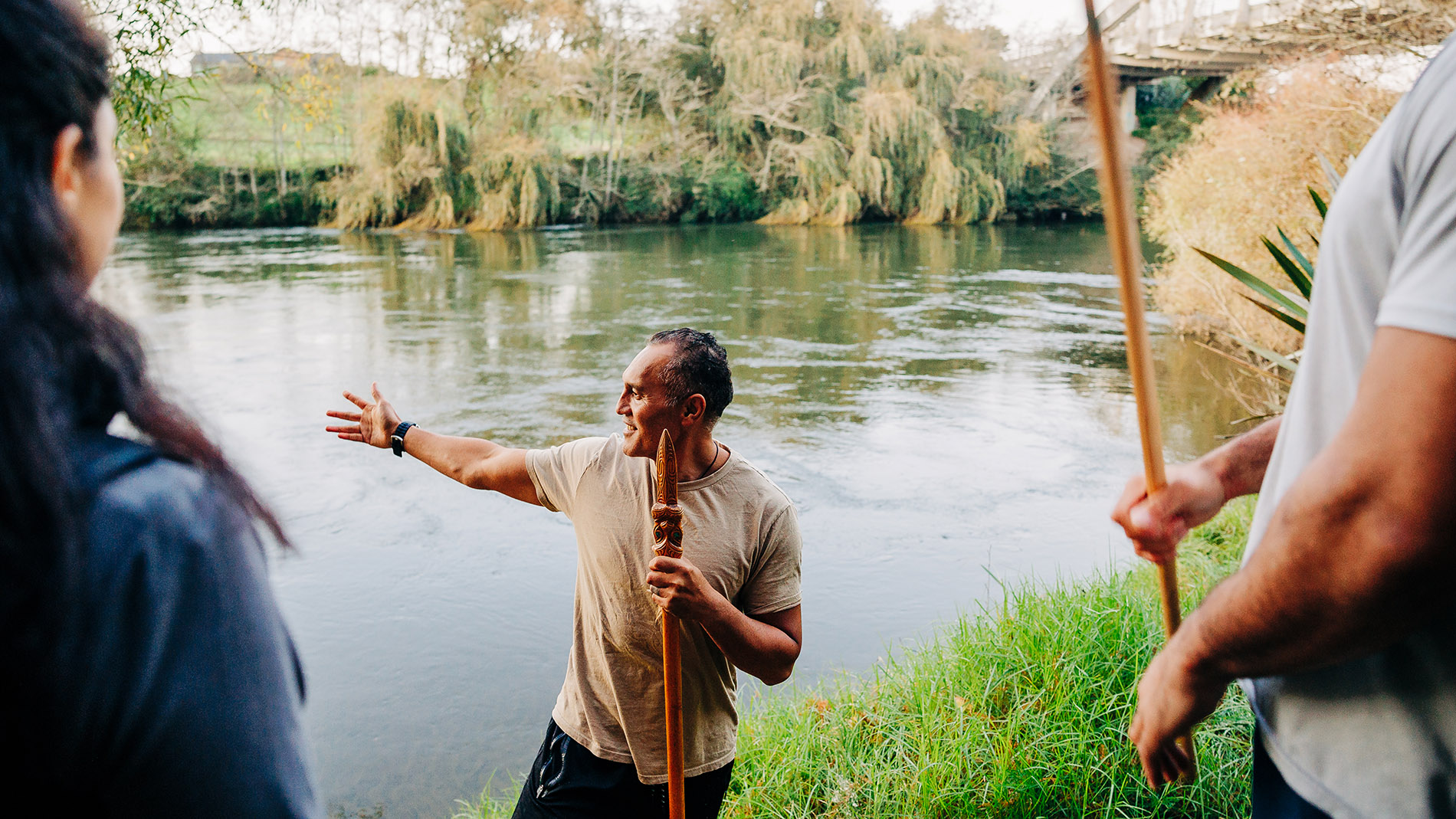Let's talk water!
Water is our most precious resource and throughout the world is increasingly threatened by pollution and over-allocation.
In the Waikato, protecting and improving the region’s water quality is the number one environmental concern for our communities. That’s the case for the Waikato Regional Council too, which is why water is one of our strategic priorities.
Despite the perception that we are surrounded by plentiful water, climate change and the legacy effects of land use mean that in some areas of the region there isn’t enough fresh water to go around.
Managing freshwater is an inherently complex task. Our communities want to see water managed in a more effective and efficient manner.
Council has done as best it can with the tools it has, but change is needed to manage freshwater more effectively in the future. More options are needed, as well as a change in approach if we are to effectively manage freshwater to provide choices for future generations.
If we don’t start managing water differently:
- We simply won’t have enough fresh water for everyone who needs it.
- Communities will be unable to attract investment and new businesses needing water.
- Existing businesses may not be able to continue or expand.
- We’ll see adverse effects on freshwater biodiversity.
- There will be disputes over who is entitled to a share of this resource.
- We may be unable to respond to iwi aspirations and interests.
- We’ll miss out on opportunities to progress as a region.
Waikato Freshwater Strategy
A strategy to deliver the best use of fresh water through time
Waikato Regional Council has developed the Waikato Freshwater Strategy in order to manage fresh water more effectively.
The strategy, which was adopted by Council in June 2017, provides a roadmap that will deliver best use of fresh water over the next 50 years and beyond.
It identifies the programme of activities needed in order to reach this goal. It builds on our understanding of the fresh water situation within our region, which we have developed from scientific evidence, and by talking with external stakeholders and water users to come up with the best way forward.
The strategy focuses on three game-changing themes which concentrate on focussed advocacy, smarter methods and better information.
A lot of work aimed at protecting and improving the region’s water quality and quantity is underway by iwi, landowners, organisations and communities. However, this strategy builds on existing Waikato Regional Council freshwater initiatives such as Variation 5 Taupō-nui-a-Tia (protecting Lake Taupō), the Variation 6 water allocation project, Healthy Rivers/Wai Ora: Proposed Waikato Regional Plan Change 1, the Waipā Catchment Plan, various zone plans, and the Waikato Waipā River Restoration Strategy.
It is one of the projects underway which sees us work towards the priority identified within our 2016-2019 Strategic Direction: To manage fresh water more effectively to maximise regional benefit.
Read the strategy
We are also currently developing an easy-to-follow, summarised version of the strategy which will include key issues the strategy addresses and solutions to these issues. The summary will be available on this page soon.
Background papers
We’ve undertaken a significant amount of preparation work including the Let’s Talk Water engagement project and subsequent Issues and Opportunities paper, both of which informed the Freshwater Strategy. Read the background papers below.
Next steps
A full timeline including milestones and expected outcomes is outlined in the strategy document (link below). The actions will be further scoped and initial costings refined prior to incorporation in the Waikato Regional Council’s Draft 2018 – 2028 Long Term Plan which will then be open for submissions in 2018.




